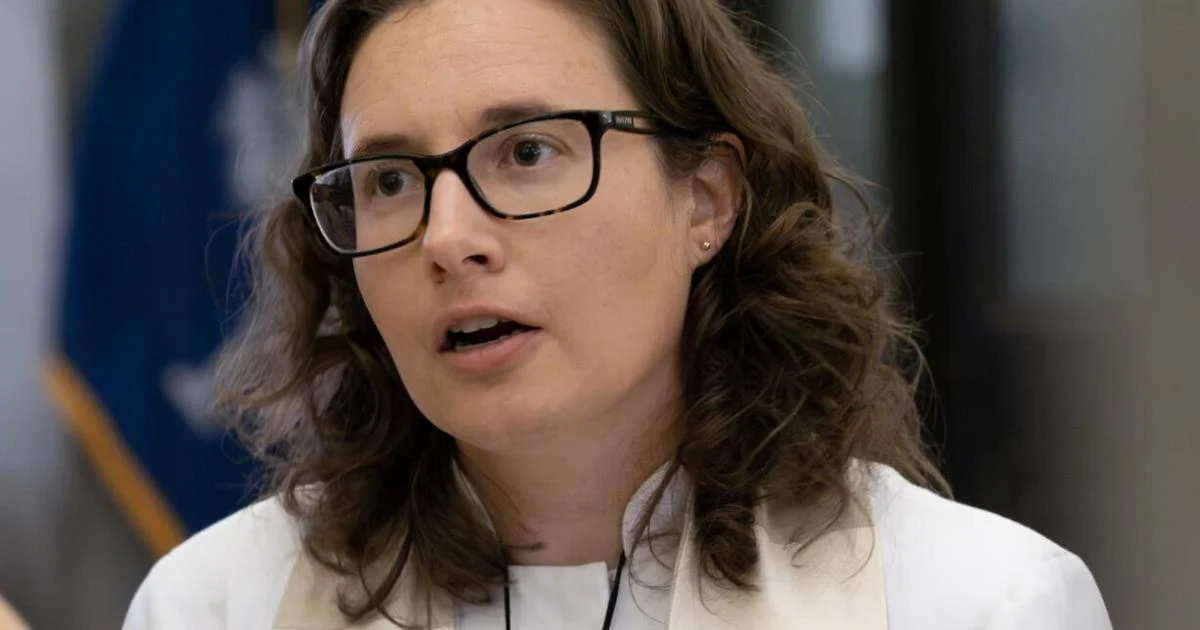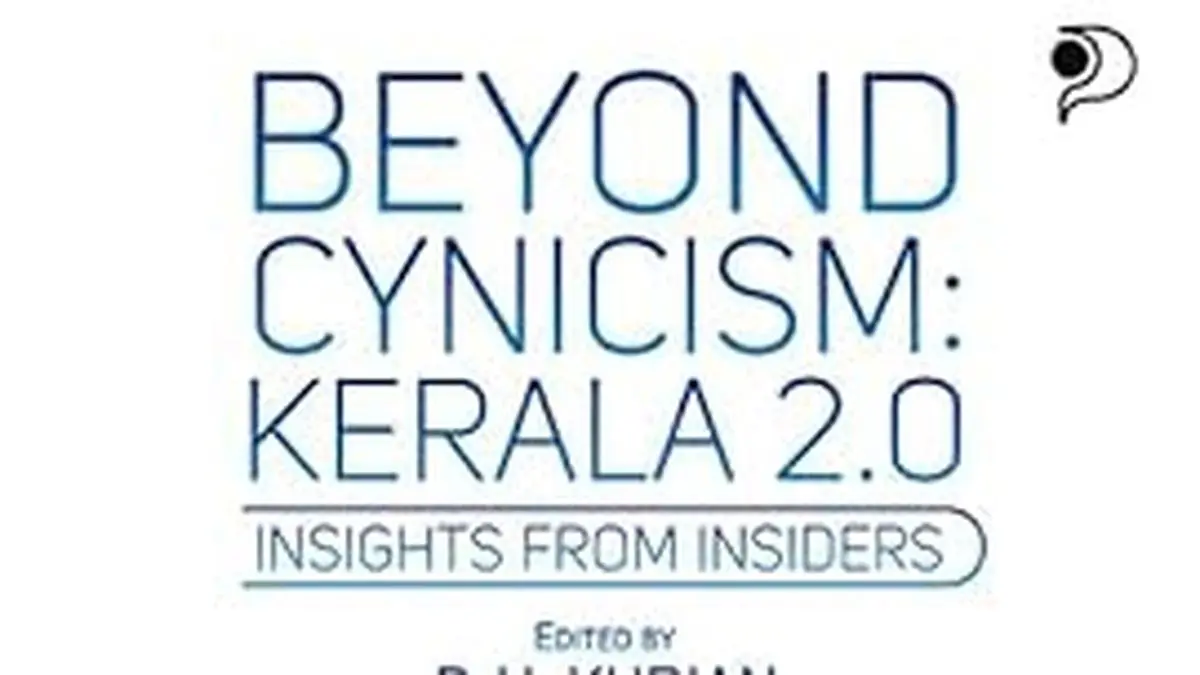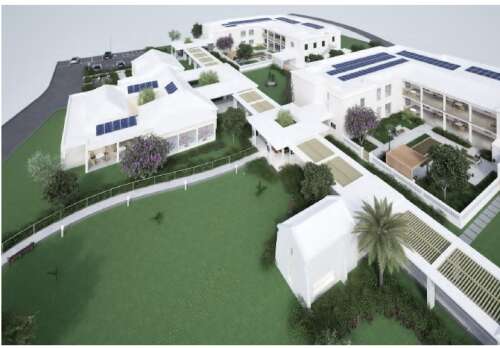Copyright Charleston Post and Courier

South Carolina is poised to execute yet another man Friday. As a person of faith, I pray that our governor and state Supreme Court will show Stephen Bryant mercy and spare his life. As a South Carolinian, I’m preparing myself for the opposite. In the year since our state reopened its death chambers, it has operated with speed and indifference to execute six men — and soon, it seems, a seventh. If Mr. Bryant’s execution by firing squad proceeds, South Carolina will be tied with Utah for the most gunfire executions in the past 40 years. Instead of setting grim records like this, South Carolina’s state leaders ought to be investing in mental health infrastructure to offer early intervention to people such as Mr. Bryant, and more broadly searching for policy alternatives other than killing its own citizens. One heart-wrenching detail of Mr. Bryant’s story should haunt all of us. In the days before he committed the crimes that led to his death sentence, he desperately sought mental health treatment. Mr. Bryant, who suffered brain damage from fetal alcohol exposure, was in serious distress, tortured by memories of his deeply traumatic past. According to news reports and filings in the S.C. Supreme Court, he begged family members for help. They called law enforcement, who gave them the number to a crisis hotline. Mr. Bryant then went to the local YWCA and to his probation officer, begging for help. Both referred him to a local mental health provider, but he was turned away because he couldn’t pay the $75 counseling fee. Mr. Bryant had crashed into the unfortunate realities of those suffering from severe mental illness in South Carolina. Even as we near the top of state execution rates, South Carolina has the fewest mental health treatment centers in the United States. An estimated 2.3 million South Carolinians live in communities without sufficient mental health professionals. I saw this firsthand as a pastor in Saluda, when I tried to help parishioners find mental health treatment but often wound up frustrated at the lack of services available. Mr. Bryant’s story, sadly, is not an exception, but part of a devastating pattern among those who live on death row. A 2014 study found that 70 percent of South Carolina’s death row population suffered from a severe mental illness. This heartbreaking problem continues to the present. Among the men executed this year were two with well-documented mental health struggles. Brad Sigmon had an undiagnosed mental illness that caused a psychotic break at the time of the crime. And Mikal Mahdi was suicidal at the age of 8 and sent to juvenile detention at the age of 14, where he was denied access to therapeutic programs. Rather than plowing ahead with policies that punish suffering instead of treating it, South Carolina should choose a different path. We have to ensure that those in need receive mental health care services. The cost of underfunding mental health care — and instead punishing those who fall through the cracks with the harshest penalty imaginable — is simply too high. We can and must do better. We would all benefit from stronger mental health support and adequate access to these crucial resources. Instead of increasing the number of people executed by the state, we must work to achieve health and justice systems that foster true healing and find an alternative to the death penalty. The measure of a just society is how it treats those who are most broken. South Carolina has a chance to choose compassion over cruelty. For Stephen Bryant, and for all who come after him, I pray we do. Rev. Hillary Taylor is executive director of South Carolinians for Alternatives to the Death Penalty.



